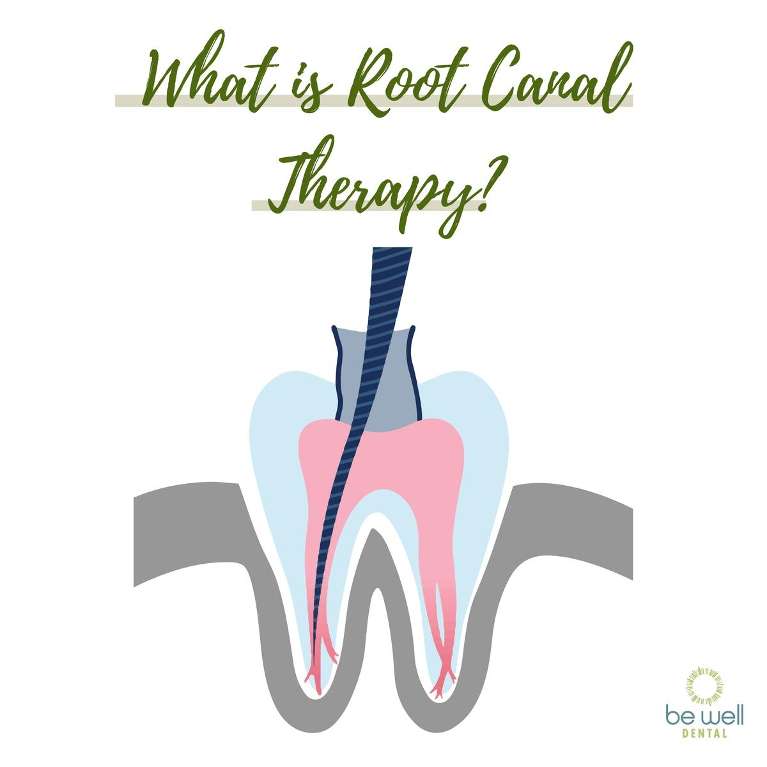
Root canal therapy seems to be the most dreaded procedure in dentistry, even for someone who doesn't know what it involves. So, it's important to know that if care is taken, it is usually no more difficult or painful than other dental procedures.
In fact, the beginning of root canal therapy is what dentists do to alleviate a patient from a painful toothache. At Be Well Dental, Dr Trang and Dr Will are very experienced in root canal therapy treatment. They are excellent at explaining to patients what the procedure involves and are gentle and kind in their approach.
A tooth usually needs root canal therapy if it has become infected. Infection can result from deep dental caries, trauma, cracks, or repeated dental procedures. The purpose of root canal therapy (RCT) is to remove the infection from inside the tooth and apply medication before sealing the tooth to reduce the risk of it becoming infected again.
The treatment can be performed in one visit, but usually, it occurs over several visits, depending on the extent of the infection. This is because some infections will require the tooth to be medicated over a period of time before healing occurs.
Root canal therapy (RCT) is the only way a dentist can save a tooth once infected. The alternative to root canal therapy is the removal of the tooth.
The loss of a tooth will leave a gap and result in long-term consequences such as bone loss, tilting of teeth, and changes to the bite. That is why when the tooth's structure is still in sound condition, it is preferable to save the tooth because nothing works better than the natural tooth itself.
If a tooth infection is left untreated, the infection may spread beyond the tooth into the surrounding tissue. It can result in swelling of the jaw, face, and even into the neck area. If this happens, the patient should go to the hospital immediately.
Suppose you have any concerns about your dental health or are curious about whether root canal treatment is the proper treatment for you. In that case, it is best to get the tooth assessed by your dentist and talk with them about your concerns, beliefs and feelings.
We believe that every situation is different and should be considered based on the individual's situation and health, both orally and systemically. We empower our patients with knowledge, support our patients' decisions, and work together to achieve the best outcome.
